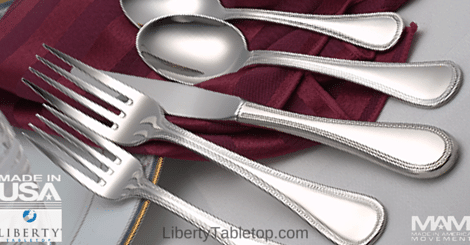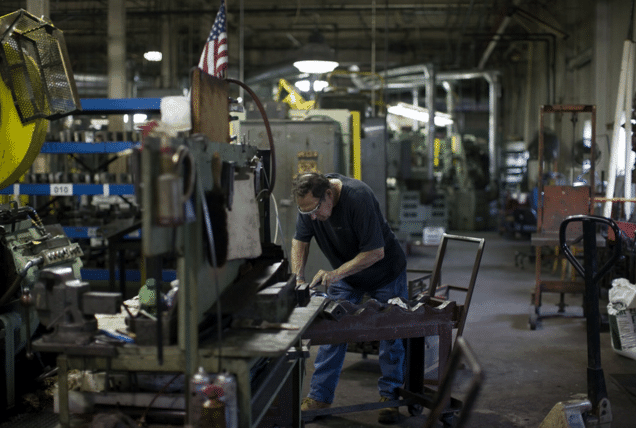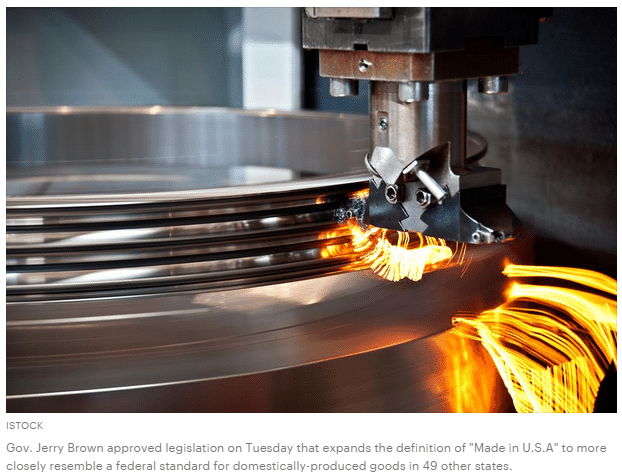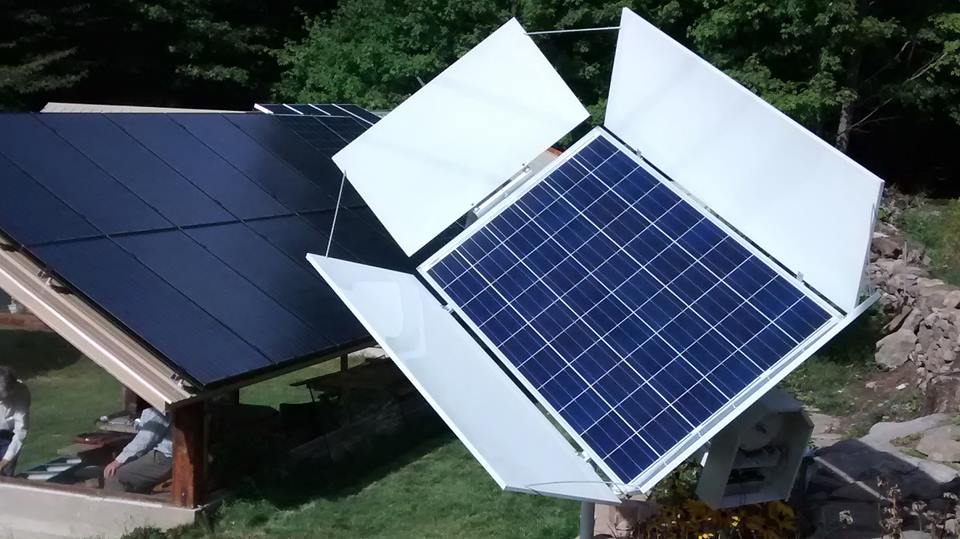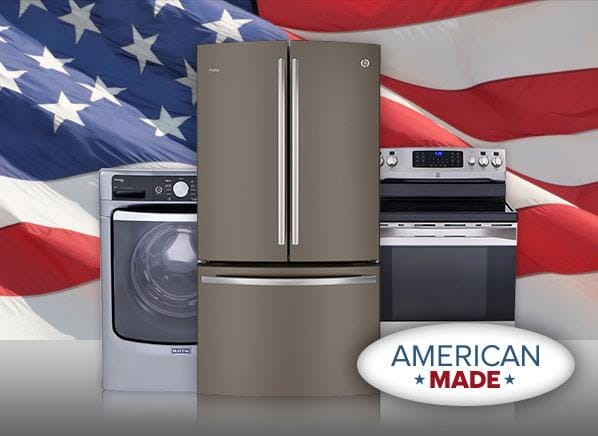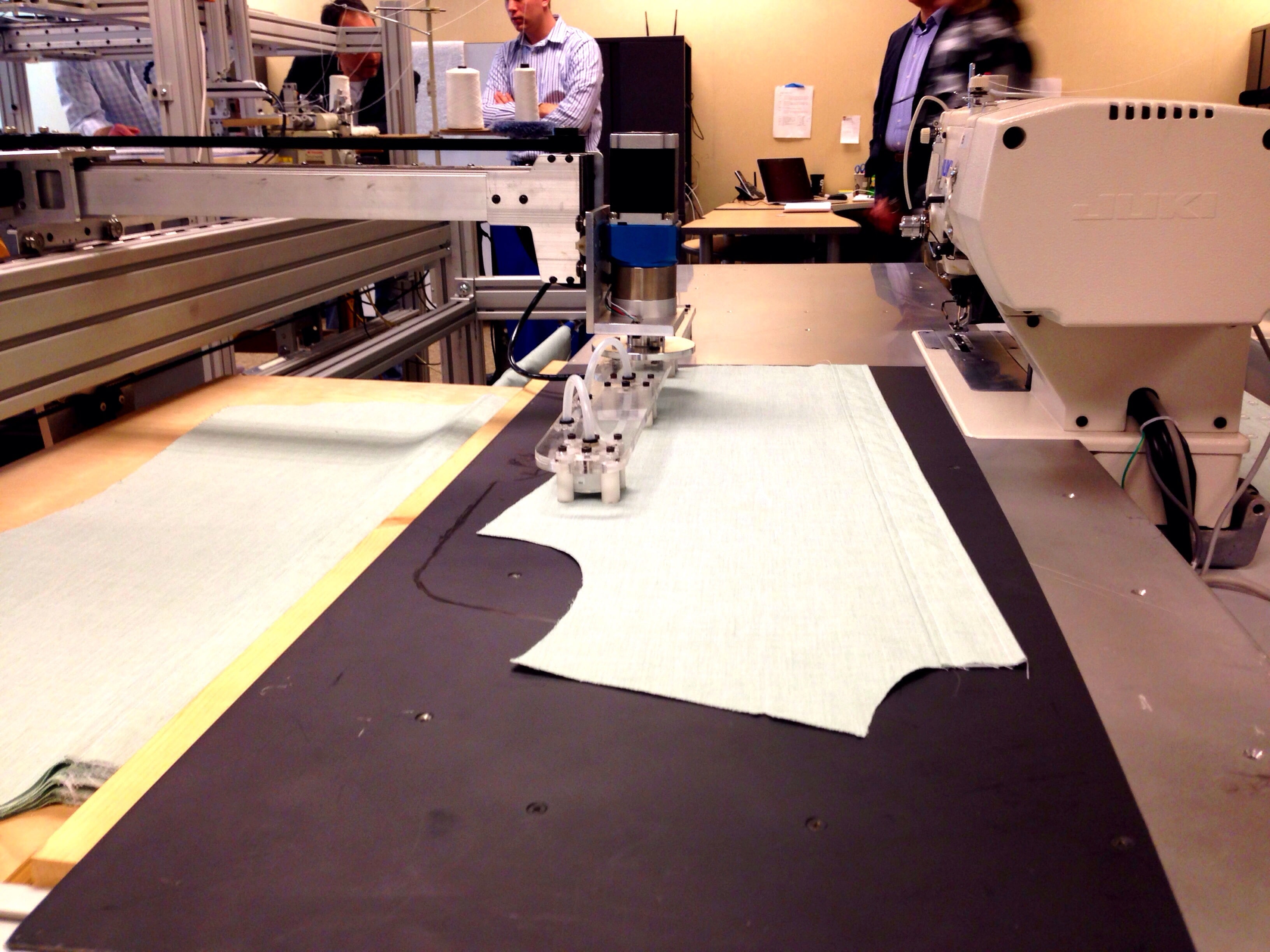A beige apartment building at 73rd and Kedzie is ground zero of the Nabisco workers fight to keep their jobs. Read more
Tag Archive for: American Made
A third or more of all the honey consumed in the U.S. is likely to have been smuggled in from China and may be tainted with illegal antibiotics and heavy metals. A Food Safety News investigation has documented that millions of pounds banned as unsafe in dozens of countries are being imported and sold here in record quantities. Read more
Schumer: Feds are currently listing flatware and other products made by companies as ‘American-Made’ when they are actually produced overseas, putting companies that manufacture in the U.S., like Sherrill Manufacturing in Central, NY, at a disadvantage. Senator pushes feds to review ‘Made in America’ listings and immediately remove companies that are falsely listed. Read more
Liberty Tabletop – There are many signs that the fortunes of the century-old plant, now owned by Sherrill Manufacturing, aren’t what they once were, but among the starkest are the dozens of discolored concrete patches that line a stretch of the cavernous factory floor. They mark the holes where drop hammers were ripped out and […]
Are you up to date on all of the latest technology? We all try but most people are not, so if you answered “no”, you’re in good company. Read more
California companies must now actually make their products in the U.S. to call them American-made.
Mostly. Read more
MADISON TOWNSHIP — So far, this summer has been a little lacking in sunlight, but still, one man’s new addition to his backyard in Lackawanna County is doing well. Read more
The thousands of products that pass through Consumer Reports test labs each year come from all corners of the globe. There are washing machines and water heaters from Mexico, TVs and refrigerators from South Korea, dishwashers and vacuums from Germany. We see lots of appliances that are made right here in the U.S. too, of course. Every country has winners and losers when it comes to quality and performance. Read more
The SewBots have arrived and they are bringing manufacturing back to the United States. SoftWear Automation, in Atlanta Georgia, has developed robotic technology for the textile industry to automate sewing, significantly reducing manufacturing labor costs. The machines are surprisingly inexpensive and allow for greater precision, higher speed and much longer hours than the traditional seamstress can manage by hand.
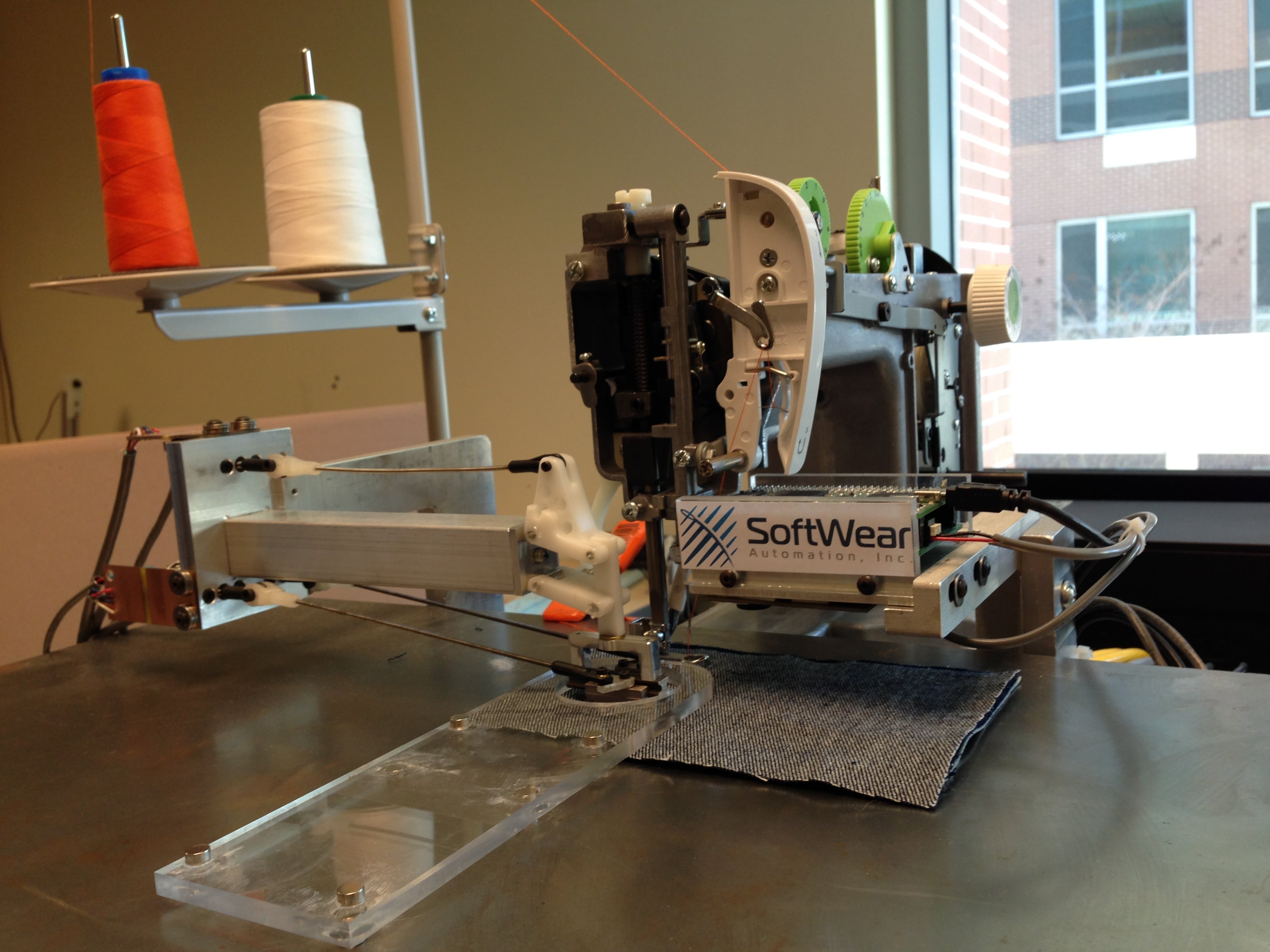 We first became aware of SoftWear thanks to Valerie Uhlir. Valerie serves as our Chief Marketing Officers, in addition to leading a boutique marketing agency based in Atlanta where she has worked with a large number of high-growth global brands over the past few years. She served as SoftWear’s head of marketing and PR from 2014 through the end of 2015, helping the company perfect their messaging leading to the wave of coverage including features by The Wall Street Journal, Fox News, The Economist, and many others. Given the company is based in the USA and could have such a large impact on American manufacturing, we’re happy to cover them.
We first became aware of SoftWear thanks to Valerie Uhlir. Valerie serves as our Chief Marketing Officers, in addition to leading a boutique marketing agency based in Atlanta where she has worked with a large number of high-growth global brands over the past few years. She served as SoftWear’s head of marketing and PR from 2014 through the end of 2015, helping the company perfect their messaging leading to the wave of coverage including features by The Wall Street Journal, Fox News, The Economist, and many others. Given the company is based in the USA and could have such a large impact on American manufacturing, we’re happy to cover them.
“Not only will this technology help manufacturers bring operations back to the United States with the reduction of labor costs, it will create higher paying technical jobs for American workers.”, said Valerie. Traditionally, manufacturing jobs are some of the least desirable roles that many individuals do not desire due to the repetition, poor work environments (hot warehouse, anyone?) and low wages. High turnover and an aging workforce have made it difficult for manufacturers to keep jobs here. Additionally, other nations do not have minimum wage restrictions and are willing to use underage labor due to less stringent regulations. All of these factors have created a void of manufacturing in the United States, SoftWear Automation would like to change that.
This month alone, the company is delivering several LOWRY systems to manufactures in the southeast United States. The future of sewn product manufacturing has officially arrived.
The U.S. has lost thousands of jobs in the past 10 years due to offshoring. In 1960, 95% of clothing sold in the USA was made here. Today, 98% of clothing purchased in the U.S. was made abroad. By implementing this technology, American manufacturing plants have several advantages:
- Lower costs on both labor as well as shipping costs, dramatically dropping the costs of creating sewn products
- Increase precision of products with ThreadCount™ technology
- Speed up production and deliver products to consumers faster
- Reduce waste
- Customization will become commonplace and inexpensive
- Localize manufacturing
Tailored clothing and details customized to an individual have long been expensive due to the additional time and costs to create customization. SoftWear technology eliminates that additional cost. Add this to online ordering and it is a recipe for low cost customization. For example, the software could make your jeans slightly smaller in the waist than the last pair of jeans in the same amount of time it would have made them anyway.
“Robotics are already taking over multiple industries, creating safer work environments and helping with some tough, dirty jobs. Textiles have been challenging to automate due to the pliable nature of fabric. SoftWear has created hardware that detects bunching and can fix creases before fabric is sewn, changing the game in fabric automation.“, said Valerie.
Walmart believes in bringing manufacturing back to the United States, but they also know that keeping prices low will be a challenge for their brands. Walmart invested a two million dollar grant to SoftWear Automation, through ATDC, to help bridge the gap and provide this technology to brands that want to bring their manufacturing home.
Sound exciting? We left out just one thing: this technology is for ALL SEWN products. Shoes, curtains, jackets, pants, carpet, towels, ties, hats, backpacks, blankets, bedding, car upholstery, handbags, hair ties, baby toys…
Watch the SoftWear LOWRY system work its magic here:
Connect with the friendly team @SoftWearInc on twitter to stay updated on how they continually disrupt the manufacturing industry.
What sewn products are you most excited to have Made In America?

In a recent study conducted by Consumer Reports, more than 60 percent of people interviewed claimed they would gladly shell out more money for American made products—even if those products cost an average of 10 percent more than products sourced internationally. Read more
INQUIRIES
Media: PR Department
Partnership: Marketing
Information: Customer Service



